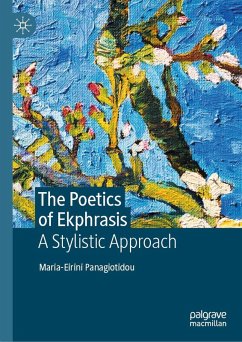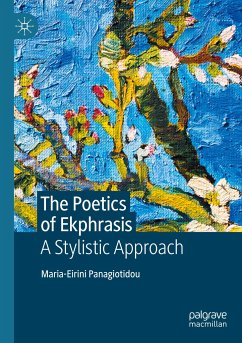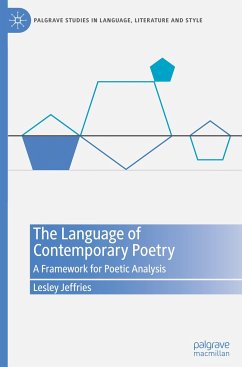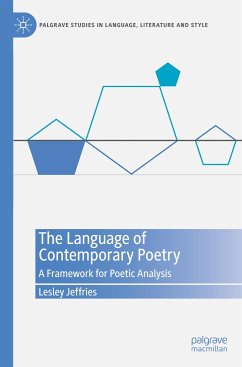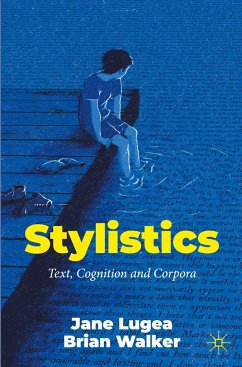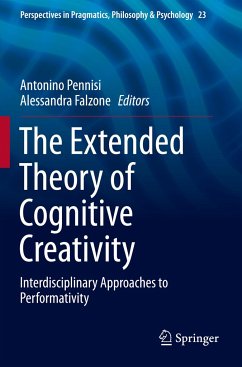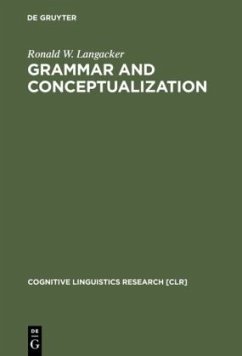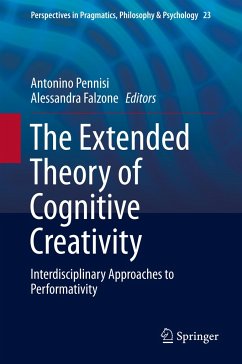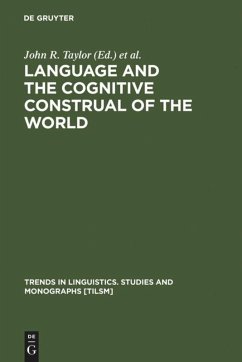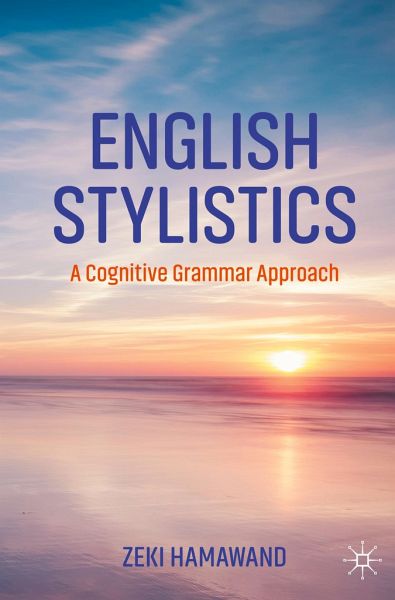
English Stylistics
A Cognitive Grammar Approach

PAYBACK Punkte
23 °P sammeln!
This accessible textbook hinges on the central assumptions of Cognitive Linguistics and Cognitive Grammar, introducing students to the analytical tools they need to approach Stylistics, an essential area in language analysis. The author verifies the claim that alterations in style, triggered by different cognitive processes, reflect alterations in meaning, and shows how they are employed to achieve particular effects in context. The book links theory with practice, aiming both to acquaint students with the cognitive principles that account for stylistic expressions, and to provide them with th...
This accessible textbook hinges on the central assumptions of Cognitive Linguistics and Cognitive Grammar, introducing students to the analytical tools they need to approach Stylistics, an essential area in language analysis. The author verifies the claim that alterations in style, triggered by different cognitive processes, reflect alterations in meaning, and shows how they are employed to achieve particular effects in context. The book links theory with practice, aiming both to acquaint students with the cognitive principles that account for stylistic expressions, and to provide them with the tools and techniques to conduct their own analyses. The textbook explores and explains how writers use the resources of language to create meaning, and how readers interpret texts. It will be of interest to advanced undergraduate and postgraduate students on courses in English Linguistics, as well as those working on other languages and in related areas such as Composition and Creative Writing.





